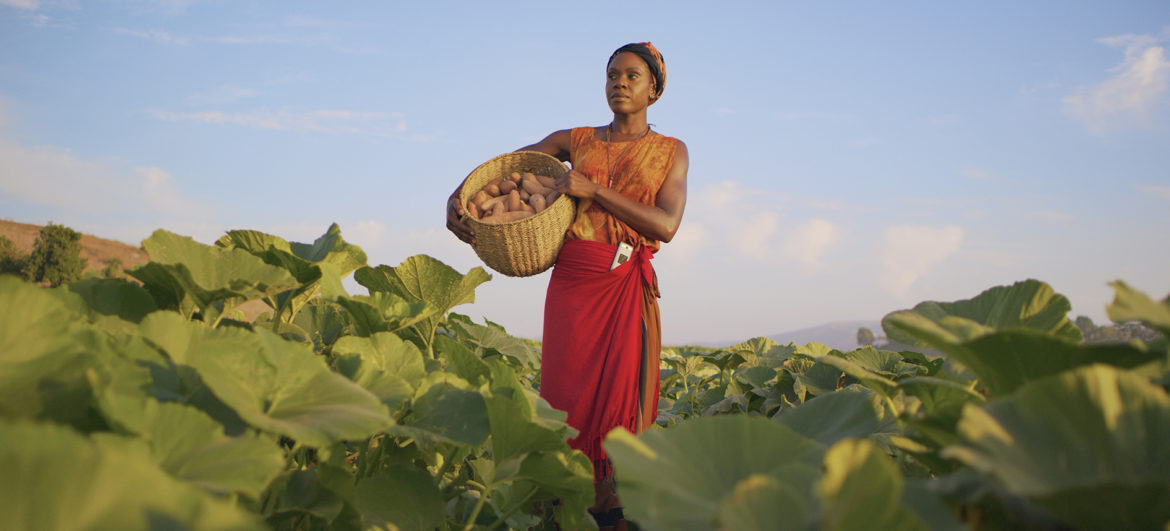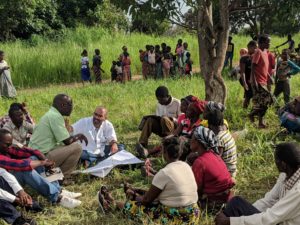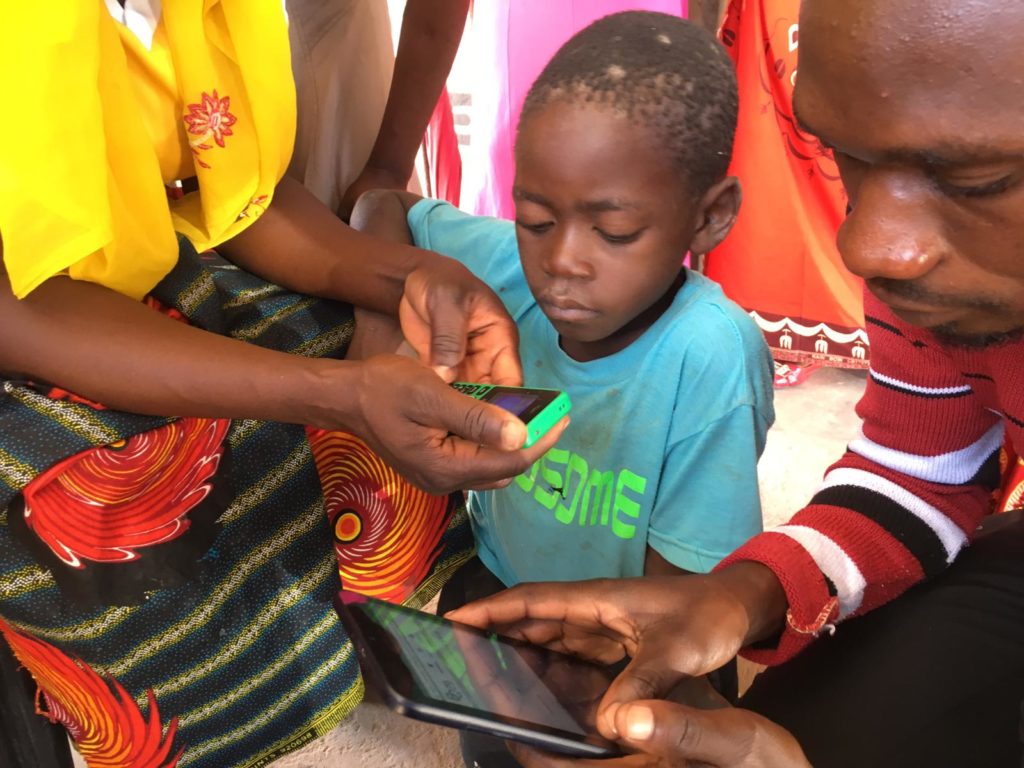Quis autem velum iure reprehe nderit. Lorem ipsum dolor sit nulla or narjusto laoreet onse ctetur adipisci.
Quis autem velum iure reprehe nderit. Lorem ipsum dolor sit nulla or narjusto laoreet onse ctetur adipisci.

BanQu, founding member of the RME Network, uses blockchain to fight global poverty.
By Dr Monika Hubbard (and Dr Paulina Guzik)
When contacting Ashish Gadnis, there is a good chance he will answer from anywhere but from his home in Austin, Texas. He might spend a Wednesday in Rwanda, and then by Friday, he is already in Brazil, before taking a flight to Myanmar on a Sunday. Gadnis is on a mission: to help lift 100 million people out of poverty by 2023.
Gadnis knows what poverty is; he grew up in Mumbai, India, in the 1970s. The options to get out of poverty were limited. “I did not want to stay in that ration line. I realized that I could break the cycle of poverty if I could get a job as a software programmer,” he recalls.
However, as a 20-year-old Indian, it wasn’t really about education; it was about getting out of the country: “That was the social dogma at the time: If you wanted a better life, you had to go.” And so, his “second life”, as he calls it, started when he immigrated to Colombia, and then, in 1994, to the United States. Ten years later, he became the Founder and CEO of a successful IT company.

Gadnis never forgot the poverty he had left behind, and he wanted to do something to end it. “I hated being poor in India,” he remembers, “yet, I never saw that what I was doing back then was going to have a long-term impact on ending poverty.”
”I will never forget the poverty I left behind”
Gadnis sold his IT company in 2012 and went to the Congo, working for the U.S. Agency for International Development (U.S. AID). “I always like to tell people that my first life was where I was born and raised, and the second life was when I traveled the world, built a business, and finally got out of poverty. My third life started after I sold my last company,” he affirms.
Congolese poverty was shocking even for someone who grew up standing in food lines. Another big shock was that the big aid agencies were not really changing the situation for the people. “It was more like someone had hit me over the head with a massive brick and said, ‘you are doing exactly what everybody does because you look at people in poverty from pity. The minute you do that, you lose the ability to provide dignity.’ That changed everything for me,” Gadnis remembers.
He started his new venture, BanQu, the same year, after partnering with a Congolese woman farmer to open up a new bank account. “We went to the bank agent, and he told the woman that he couldn’t bank her because she didn’t have an economic record. So I told her that I could bank her! That is how the name BanQu came about and how the business idea kicked off.”
”But I can bank you!!”
BanQu provides an economic identity for people using the same blockchain coding that is the basis for virtual currencies such as bitcoin. When using blockchain, everyone who participates in a transaction gets an equal and secured copy of it.
The clients of BanQu are large companies that are buying and sourcing coffee, cacao or jeans from people who live in extreme poverty. Before, the farmer or jean sewer was anonymous, but by using blockchain they are given an economic identity. If there is a transaction, the ‘virtual’ ID of the farmer is notified, and he or she gets a message on their mobile phone, allowing them to prove that they are “bankable” — even if they have never used a computer in their life.
“So when a mother sells her crop to a large brand, she receives a receipt and payment — and, most importantly, dignity. With a text message, she can prove that she is bankable. She can prove that she exists. And that makes all the difference.”
What is crucial in this business is humility, emphasizes Gadnis. “We don’t say that we’ve pulled people out of poverty. That would be very arrogant. We just say that we are enabling paths out of extreme poverty.”
”We need to break the cycle of extreme poverty.”
BanQu mostly works with farmers, but increasingly, it provides refugees with records of their education or work history. The BanQu platform connects “the last mile to the global economy,” says Gadnis, “the poorest farmers and laborers — and refugees. Our quest is to support the most vulnerable and marginalized in breaking the cycle of extreme poverty, those who have been in a camp for 20 years with no future and being unbanked.”

BanQu is one of the founding members of RME Network. Gadnis expects to collaborate with universities and not-for profit-organizations worldwide to create and expand educational opportunities for refugees and forced migrants. “We are at a critical crossroads in human history where disparity, discrimination, and forced migration continue to rise,” he says. “We need to do something concrete and meaningful to remedy this. We have to enable refugees to have opportunities like the rest of us do so that they can participate equally in the global economy. The RME Network is one such concrete initiative, and we are glad to be part of it.”
”We have to enable refugees to have opportunities like the rest of us do.”
So far, more than 70,000 people have been supported by BanQu, and the hope is to help 200,000 more this year. Ultimately, Gadnis’ goal for BanQu is to increase that number to millions of people within the next five years.
Ashish Gadnis was a keynote speaker at the international conference of RME Network on “Global Initiatives in Refugee and Migrant Education”, which took place at Manhattan College, New York City, November 15-17, 2018.
For more on Ashish Gadnis and BanQu, please see IG World, Raconteur, this video by Anheuser-Busch, one of BanQu’s clients, visit BanQu.co — or simply contact Ashish directly on ashish.gadnis@banquapp.com.
If you want to support the work of RME Network, or if you are a university or not-for-profit-organization working in the field of migration or education for and about refugees, and would like to become a member or collaborate, please get in touch.
Editor’s note: Parts of this blog post were first published on cruxnow.com on 13 November 2018. It has been modified for the website of RME Network with the kind approval of its author, Dr Paulina Guzik.

You must be logged in to post a comment.